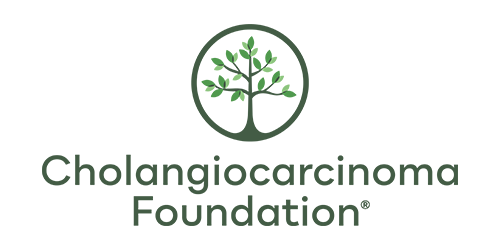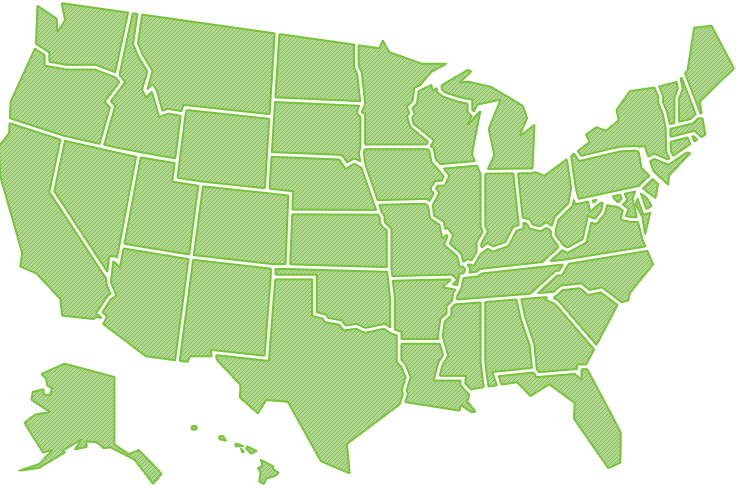Welcome to the Cholangiocarcinoma Foundation
- Find the Right Cholangiocarcinoma Team
No, really. It's important.
If you have been diagnosed with cholangiocarcinoma, the single most important thing you can do is to see an oncologist and surgeon who specialize in your specific type of cancer; this may require a second opinion. They should have experience treating many other patients like you, they should be involved in ongoing research and they should have clinical trials available for you. When it comes to treating cancer, expertise can mean the difference between life and death.
Collect your health records and visit our specialist map to find a specialist near you.
If you would like additional assistance, contact:
Melinda Bachini
advocacy@cholangiocarcinoma.org
1-(888) 936-6731, extension 8.
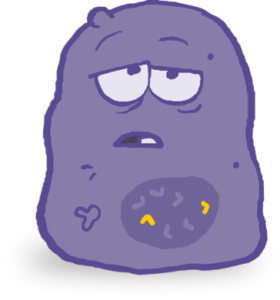
- Get the Right Tests & Find the Right Treatment for Cholangiocarcinoma
Ask your doctor about biomarker testing (molecular profiling).
Biomarker testing scans the DNA of your cancer cells for cancer-causing genetic mutations and other molecular abnormalities. This information can be used to match some patients to the most effective treatment available, whether it’s an existing drug or one under study in a clinical trial.
While comprehensive biomarker testing is not yet routine, it is covered for all Medicare patients with advanced solid tumors. It is also increasingly offered at academic medical centers and is frequently part of clinical trial protocols.
Most cancers, when first diagnosed, have a standard of care: a treatment regimen that is widely accepted as the best approach to fighting the disease. The standard of care for cholangiocarcinoma can be found by looking at the National Comprehensive Cancer Network guidelines, which are based on the most up-to-date scientific evidence.
- Share Your Health Data
You have the option to share your health data, including biomarker testing data and other health information, with the research community. Gathering and analyzing patient data can help researchers generate new discoveries and treatments that could directly impact your care and improve the lives of future generations. Please consider sharing your data.

4. Get Connected & Find Support
You can also contact:
Director of Advocacy, Melinda Bachini
(888) 936-6731, extension 8
advocacy@cholangiocarcinoma.org
- Caregiver Resources
The Caregiver Support Video Series - American Cancer Society
Caregiver Resource Guide - American Cancer Society
What a Cancer Caregiver Does - American Cancer Society
Tips for Caregivers - Cancer Treatment Centers of America
AARP's Family Caregiver Resource Guides - AARP
Caring for a Loved One - Cancer.net
Support for Caregivers of Cancer Patients - National Cancer Institute
- Other Helpful Cholangiocarcinoma Resources
Order our book, 100 Questions & Answers About Cholangiocarcinoma, Gallbladder and Bile Duct Cancers by Dr. Ghassan Abou-Alfa & Dr. Eileen M. O’Reilly
Order our free book, Nutrition and Cholangiocarcinoma, produced in partnership with the Oncology Dietician Practice Group (ON DPG).
Download our list of Cholangiocarcinoma Acronyms and Abbreviations.
Download and print our list of FAQs to ask about your care, clinical trials and palliative care.
Fill out and print our Biliary Emergency Information Card to assist any medical personnel that may be treating you.
Read even more about Biomarker Testing and how it can personalize your treatment.
Download the Interactive Guide to Cholangiocarcinoma brochure.
Learn more about our Annual Conference.
thank you to our sponsors

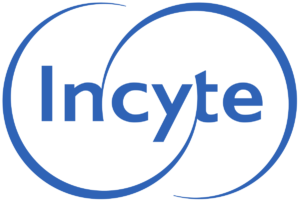


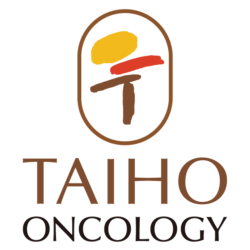
Thank you to AstraZeneca for providing 200 care kits to cancer patients in Canada
and sponsoring our Research Advocacy Training program.

